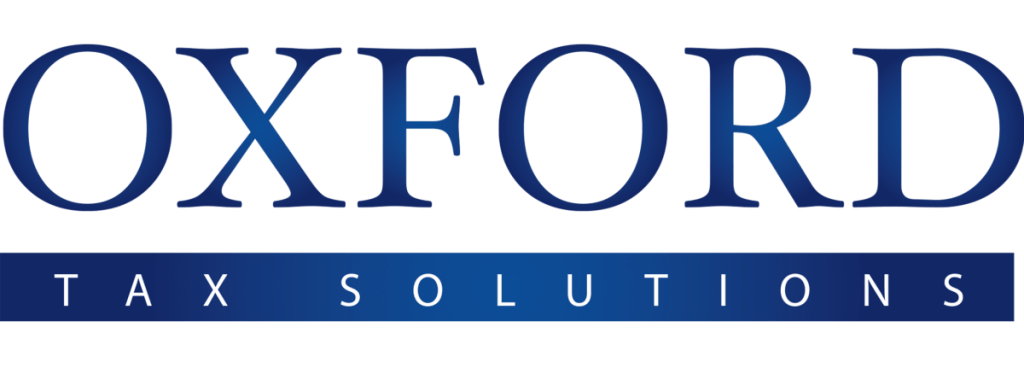On the 23rd of April 2019, the British Virgin Islands International Tax Authority (ITA) published a draft Economic Substance Code (the Code). The Code is supplementary to the Economic Substance (Companies and Limited Partnerships) Act, 2018 (ESA) and contains rules on how the economic substance requirements may be met and guidance on the interpretation of the legislation and the manner in which the ITA will carry out its obligations.
Key points to note from the draft Code include:
A legal entity will be treated as carrying on a relevant activity in the British Virgin Islands during any financial period in which it receives income from that activity.
In order to determine whether an entity is obliged to comply with the economic substance legislation, the following questions need to be addressed:
(a) is the entity of a type which falls within the economic substance legislation?
(b) if it is, is it carrying on a relevant activity?
(c) if it is carrying on a relevant activity, is it resident for tax purposes in a jurisdiction outside the BVI (and which is not on the EU list of non-cooperative jurisdictions for tax purposes).
Only if the answers to (a) and (b) are affirmative and the answer to (c) is negative will the economic substance requirements apply to the entity
Guidance on the meaning of “holding business” and “pure equity holding entity” will be of particular interest. Ownership by an entity of any investment other than equity participations will mean that it is not a pure equity holding entity.
The definition of pure equity holding company is deliberately framed in narrow terms. A legal entity will only fall within the definition if it holds nothing but equity participations, yielding dividends or capital gains. The ownership of any other form of investment (such as an interest bearing bond) will take the legal entity outside this definition.
Equity participation obviously includes shares in a company, but is wide enough to encompass other forms of investment in an entity which give the investor the right to participate in the profits of the entity. The interest of a general partner in a limited partnership will usually be of this quality. The word “dividends” will be construed broadly to encompass any payments made to an investor in respect of an equity participation.
Entities which own other forms of asset (eg bonds, government securities, legal or beneficial interests in real property) will clearly not be pure equity holding entities (even if they also own equity participations) and will not be treated as carrying on holding business.
Entities which hold assets which consist of or include assets which are not equity participations will not be pure equity holding companies, but likewise may be found to carry on other relevant activities.
The ITA has announced that the final Code will be issued in early May following a brief education campaign and will incorporate any amendments deemed necessary by the BVI Government. In our view, amendments made to the draft before final publication next month are likely to be minor.



